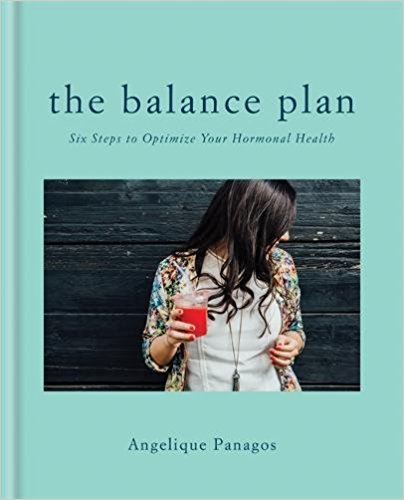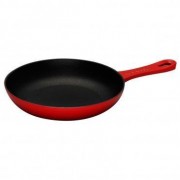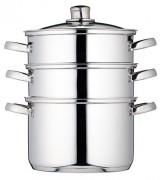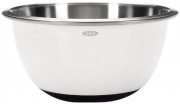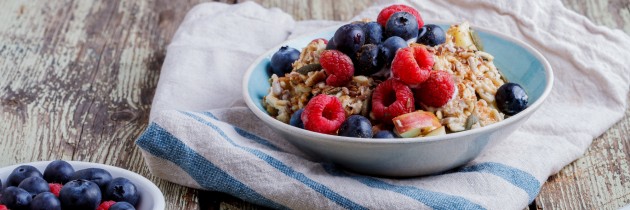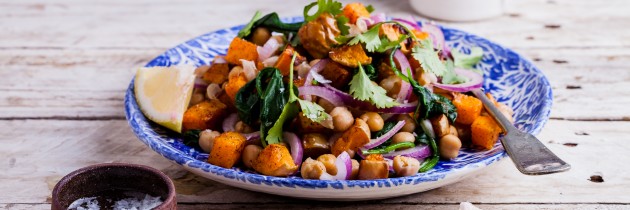Menopause, the hormonal pearly gates
It can feel like life comes with a never-ending hormonal rollercoaster and the menopause can feel like riding the big-dipper. If you’re affected particularly badly by the menopause, then it can feel like there is no help in sight. Yet, it is possible to stay happy, healthy and fit during the menopause!
First thing’s first, the menopause is not a medical condition, even though at times it feels like it, its a natural part of life. As we reach the menopausal years, our hormones ebb and flow even more, and this can leave us with those dreaded symptoms – hot flushes, weight gain, irritability, tearfulness, vaginal dryness, insomnia, night sweats, loss of bone mass, to name a few.
Our bodies need to adapt to the changes, to the new ebb and flow, and in that we need to find and restore hormonal balance. During the menopause, our sex hormones reduce, and we lose that ability to keep the perfect trio of oestrogen, progesterone and testosterone in balance – this can massively affect our wellbeing and cause the symptoms many women have to deal with.
Our hormones need a steady flow of nutrients to be kept in check, western diet can unfortunately let us down especially with all the refined sugary ‘food like’ products on the market today. Whats the ideal diet? Though there is no one size fits all, we need to keep blood sugars balanced and stable, embrace rainbows of fruit and vegetables, drink plenty of filtered water and have a balance of complex carbs, lean proteins, and good fats, such as avocado and oily fish, nut, seeds and olive oil. It’s these good fats that help to synthesise hormones, and they can reduce inflammation, too. Take a look at some recipes from my book The Balance Plan for some inspiration.
On top of this, it’s important to look after you – rest, relaxation, meditation are all key in keeping our hormones in tip-top condition, and in preventing spike of cortisol (the stress hormone), which can lead to extra weight gain and further imbalance hormones.
It’s important to remember that although there are foods that are really beneficial and can help to alleviate symptoms, there is no ‘one food wonder’ that can do it all. Creating a lifestyle that incorporates these foods (and self-care techniques) consistently is how you will benefit and notice the changes in your symptoms the most.
Here are four tips you can start implementing today:
It is important to eliminate certain, inflammatory foods from the diet. After all, we are what we eat! Foods which spike our blood sugars and in turn increase insulin can exacerbate symptoms and lead to weight gain especially around the middle. Excess belly fat in turn leads to excess androgens and oestrogen which can further exacerbate symptoms ; these include pastries, cakes, white bread and white pasta. In fact, I advise steering clear of refined sugar wherever you can.
Certain plants contain phytoestrogens, these are not the same as the oestrogens found in the body but they have beneficial effects and can help to support our bodies during this tricky period. They bind to oestrogen receptors in the body and exert a balancing effect. There are over 250 plants that have these phytoestrogens in so we are spoilt for choice, these foods include flax and sesame seeds, sunflower seeds, walnuts, oats and soy (non-gmo organic). Top tip, try adding ground flaxseeds to smoothie, oats, salads and vegetables. Can help alleviate constipation too.
Good fats like omega 3 fatty acid is essential for all health and hormonal balance. Plus it works to reduce inflammation in the body. Ensure you are getting in enough of this good fat in the form of oily fish, nut & seeds, flaxseeds, olive oil, egg yolk, algae and avocado. Top tip; have a breakfast of eggs, salmon, avocado and spinach with a tablespoon of ground flax sprinkled on top.
Eat your greens, in this case our broccoli. If you have read of my book The Balance Plan, you will see that broccoli features in my hormone balancing meal plan and recipes – in fact its one of my ‘detox warriors’; foods I have identified as having a positive effect on liver health and hormone balancing and which I recommend you try and eat on a daily bases. Broccoli is a nutritional powerhouse, not only high in vitamin C, K, calcium and folate which are essential for immune, stress, healthy bones & teeth and fertility. But it also high in fibre to help you keep you regular and Indole-3-carbinol which helps convert excess oestrogen into a safer form to be excreted. In addition it contains glucoraphanin and an enzyme called myrosinase & when you chew they mix together to form sulforaphane which helps with oestrogen detoxification. Top tip, try some broccoli sprouts, they are great in salads and smoothies.
If you are affected particularly badly by the menopause, come and see me in clinic, or you are welcome to join the waiting list for my Hormone Balance School.
Consult your doctor or health care practitioner for any health problems, before embarking on any new health regimes, using any supplements or before making any changes in prescribed medications or food programmes.





